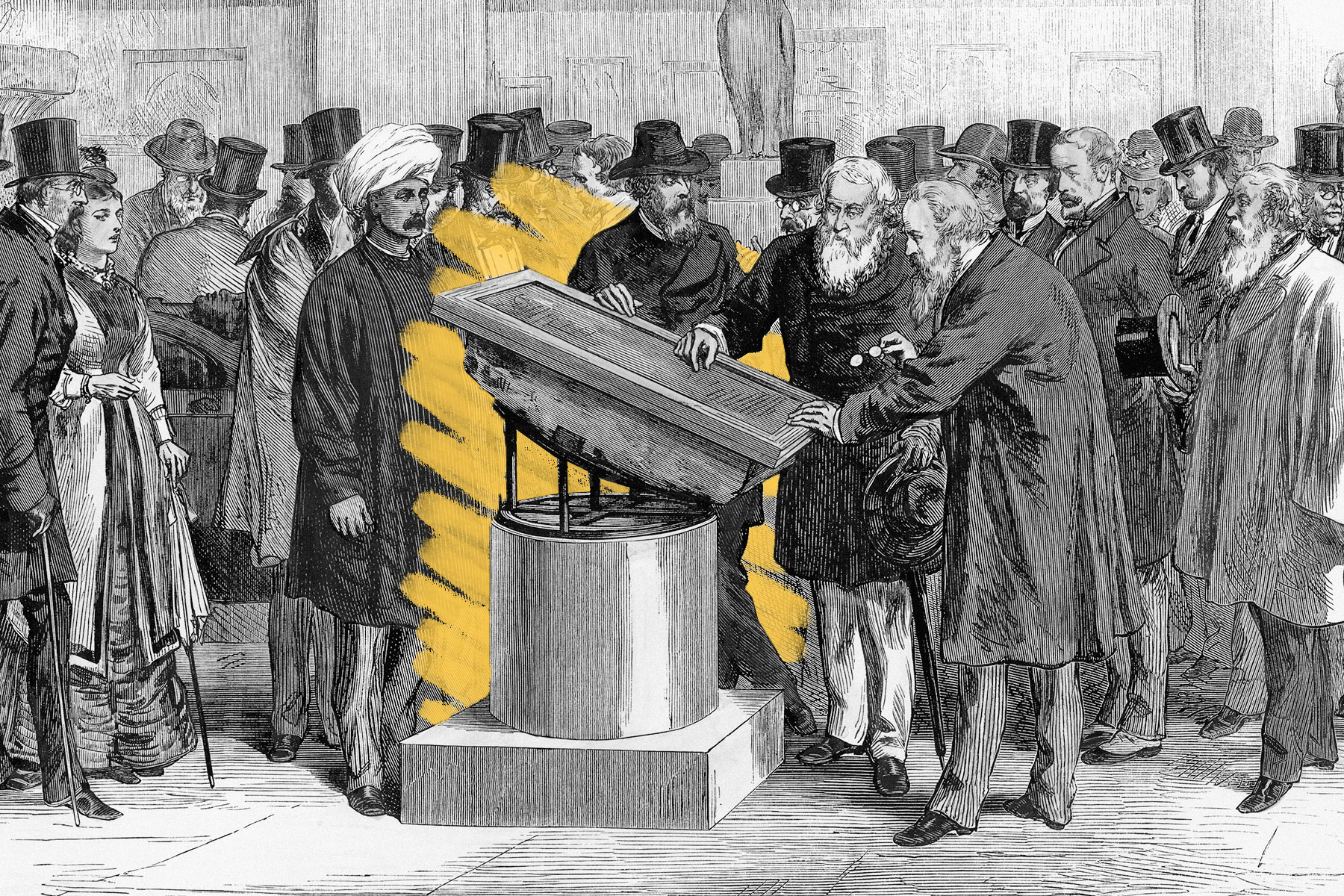 |
Some ancient languages have never been deciphered. |
Arts & Culture |
 |
| |
| One such civilization is the Kingdom of Kush, which flourished in Nubia (modern-day Sudan and southern Egypt) from around 1070 BCE to 350 CE. The kingdom rivaled ancient Egypt in splendor, but scholars can't crack its language, named Meroitic for the capital city of Meroë. Another incredible example takes us eastward to the Minoan civilization that lived on the island of Crete, a culture that predated and inspired the ancient Greeks. Linguists have yet to fully decipher the texts, written in Linear A, that survive from this once-great Mediterranean power. But perhaps the greatest missing linguistic link is the Indus Valley language, spoken by the people who lived along the Indus River in modern-day Pakistan as far back as 7000 BCE. Although it rivaled other great civilizations such as ancient Egypt and Mesopotamia, little is known about this early society, as its language has yet to be deciphered. Linguists hope that one day some ancient tablet, likely buried beneath the sands of Iraq or along the coast of Arabia, will contain a Rosetta Stone-like translation that finally brings to light this influential civilization whose voice has been lost to time. | |
 | |
 | |||||||||
By the Numbers | |||||||||
| |||||||||
| |||||||||
 | |||||||||
| |||||||||
Europe's oldest spoken language remains a linguistic mystery. | |||||||||
| Euskara is the oldest language still spoken in Europe, and it's also the continent's most mysterious. Spoken by the people in Basque Country — an autonomous region in northern Spain and southwestern France — Euskara appears to have no relation to Romance and Germanic languages, which are both branches of the Indo-European language family. This means the Basque tongue is very different from the languages spoken in the surrounding areas, such as French and Spanish. (The word for "thank you," for example, is "gracias" in Spanish and "eskerrik asko" in Euskara.) Linguists aren't sure where this strange tongue originated, but they do have a few guesses. One theory links Euskara with the Kartvelian languages spoken in the Caucasus region, particularly in modern-day Georgia. Other researchers suggest Euskara is a remnant of Iberian, a language spoken on the Iberian Peninsula before the arrival of the Romans in the second century BCE. Today, the Etxepare Euskal Institutua is working to promote and preserve Euskara. According to the group, the language is "vulnerable" within parts of Basque Country, but its survival is guaranteed. | |||||||||
 | |||
Recommended Reading | |||
 | |||
| | |||
 | |||
| | |||
| + Load more | |||
| |||
| |||||||||
| Copyright © 2023 History Facts. All rights reserved. | |||||||||
| 700 N Colorado Blvd, #513, Denver, CO 80206 | |||||||||
|





No comments:
Post a Comment